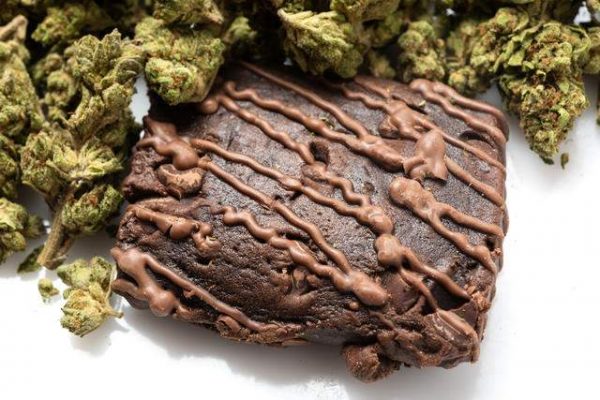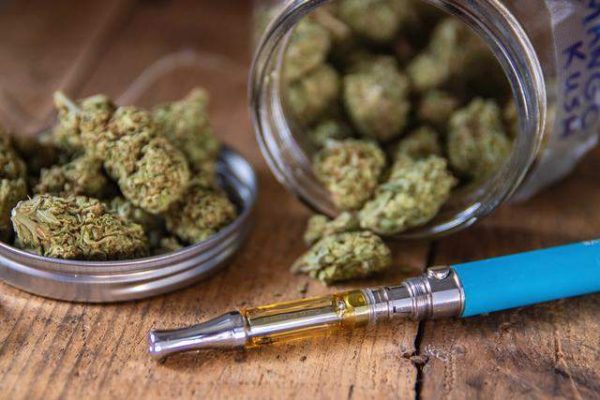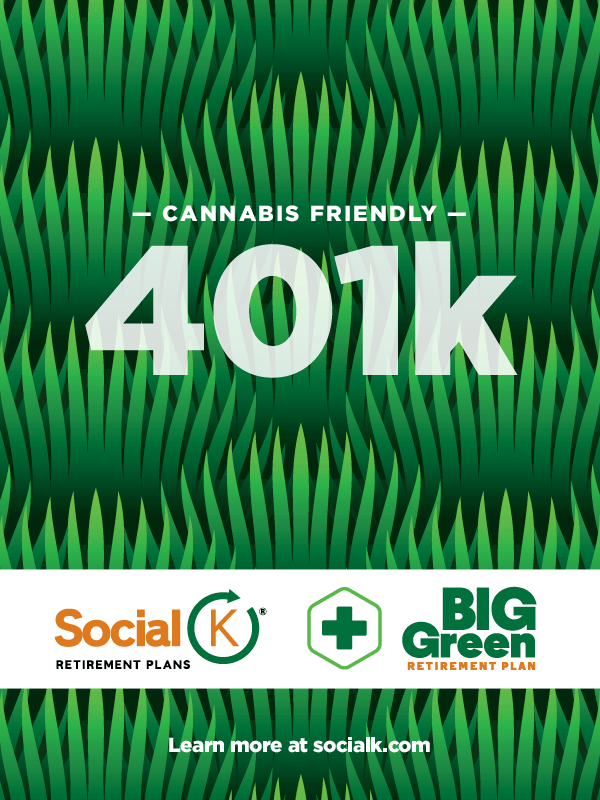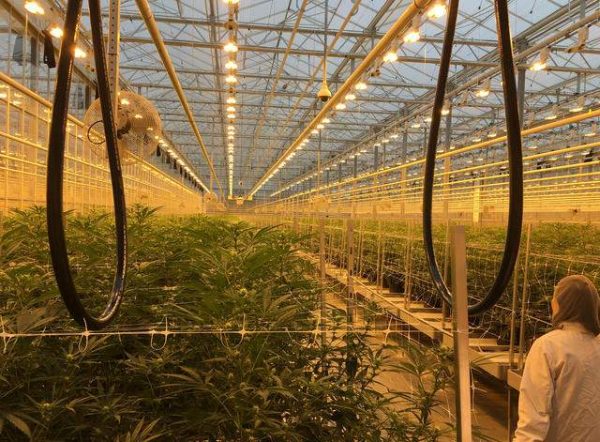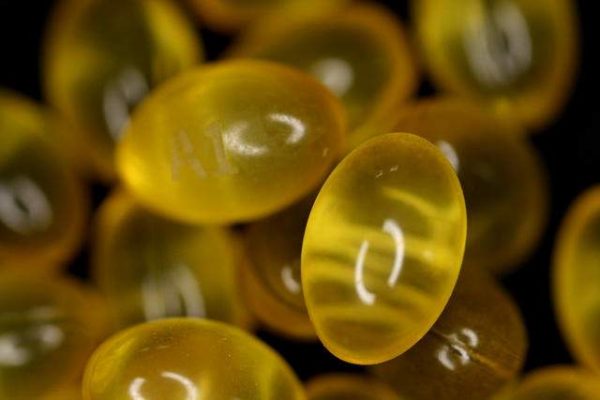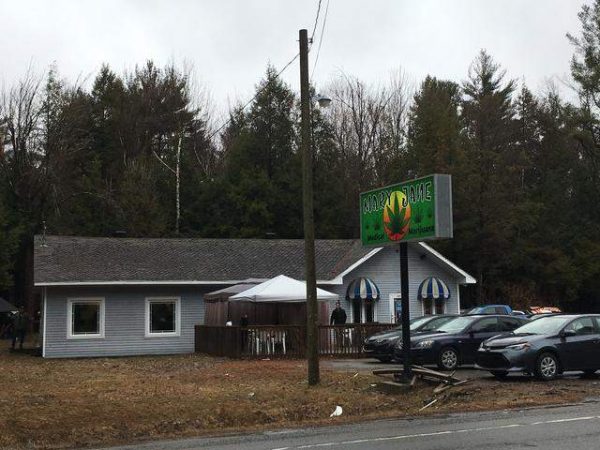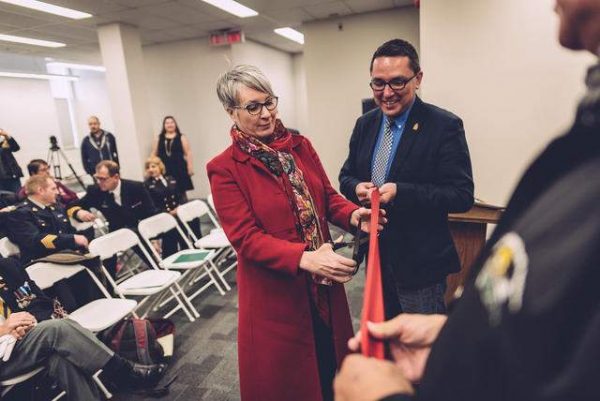On Monday, without the fanfare and lineups of last year's legalization, Canada legalized cannabis extracts (including vape pens), edibles/beverages, and topicals.
Global News, CTV News, Twitter—Rahim Dhalla
- Newfoundland and Labrador may have been the only province to make 2.0 products available for sale on Monday, while Nova Scotia will have "a small offering" in stores by next week, and New Brunswick should begin stocking limited products this week.
Bloomberg, Halifax Today, The Loop - British Columbia's provincial wholesaler received its first shipment of 2.0 products on Thursday (and sold out in 12 minutes). The province's 20% tax on vape pens doesn't come into effect until the New Year.
Globe and Mail, Twitter—Unity Marguerite, Matt Lamers - New products are expected in Manitoba and in Saskatchewan within the next week or two, though not necessarily in time for Christmas.
Winnipeg Free Press, CTV News, CBC British Columbia
Quebec will not debut its limited, tightly restricted roster of 2.0 products (no vape pens, no sweetened edibles), until January 1. Later in the year, cooking oils and hashish will become available in Quebec.
CTV News, Twitter—David Brown
- In Ontario, 2.0 products will appear on store shelves in early January, while in Alberta they won't become available until the middle of the month.
Financial Post - Differences in availability come down to each province operating its own distribution system.
CTV News
Some companies—Aphria, Cronos, Organigram—are debuting only vape products, while others—like Tilray, Hexo, and WeedMD—are waiting until later in the year to launch their products.
Bloomberg
- Aurora began its 2.0 launch by focusing on new products for the MED market.
Reuters - Hexo said it is conducting further research on the safety of vape products before releasing them.
Ottawa Citizen

